Sandra Kalniete (EPP, Latvia) drafted the report from Parliament’s special committee on foreign interference in the EU, including disinformation. Read extracts below and watch the full interview on disinformation, manipulation and foreign interference on Parliament’s Youtube channel.
You are leading Parliament’s work on disinformation and foreign interference in EU democracy and have met many independent journalists, foreign legislators and UN representatives. Is there a pattern or specific challenge in Europe when it comes to disinformation?
We met 150 experts, legislators and journalists. We learned a lot from them, but the general observation is not very optimistic because the speed with which the digital reality develops means that the legislative process is lagging behind. As one of the experts said, the legislation, the situation and what we are discussing today is already yesterday.
You have asked the EU to come up with a common definition of disinformation like some countries have for hate crimes or racism. Why is that important?
You have to have a common language. When you are using a word like disinformation, you have to know what the word means. But it’s extremely difficult to find a common definition. Discussions with the UN showed the difficulties for countries that are not in the European Union.
It’s quite easy for us. We have a set of values, but these values are not the values for the entire UN. There are countries where democracy is let’s call it “control democracy’” which is a sort of manipulation of elections. Then there are autocracies and dictatorships. For them, disinformation is an ideological tool to assure control. That’s why the European Union has to take the lead and at least agree on the term of disinformation ourselves (and then it may be) adopted by other institutions.
We are one year away from the European elections. In your report, you said Russia is investing massively in financing political parties in democratic countries. What impact will this have?
You are touching on one of the issues that is absolutely vital for our democracy, because democracy is an open system. As soon as there is a hostile third country coming in with its own interests, financing non-governmental organisations or proxy foundations, which are used to strengthen their interests and to divide our societies, we have to protect ourselves.
Speaking about the elections, I think that one of the most important parts of an election is to strengthen electoral instruments: the voting system, the counting of votes, etc. Secondly, it’s important to protect the independence of the media and support investigative journalism because investigative journalists can follow dirty money and how it is, in a very covert way, seeping into the Union and complicating the normal democratic process.
Media literacy, fact checking, resilience against manipulation and fake news – all of that is also important.
There are media reports that Russia has tripled the budget for propaganda about the Ukrainian war and that part of this money and propaganda is also to be spread in other countries. How can Europe fight this communication warfare?
We closed Sputnik and Russia Today. They were broadcasting in many countries and in many languages. That was a very strong signal to Russia that we are not going to accept that sort of disinformation instrument in the European Union.
The problem is that Russia Today, Sputnik and other media, immediately switched to the areas where we have no power: social media networks. Telegram and Tik Tok and Facebook… whatever! That is one of the problems.
However, it’s not only about counteracting. We also have to create proactive content, which is attractive and interesting for consumers… And this is something we are trying to do.





















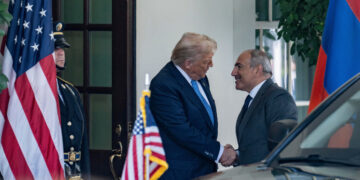
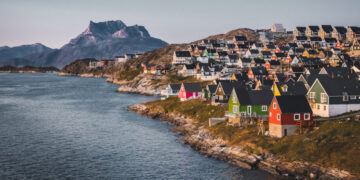
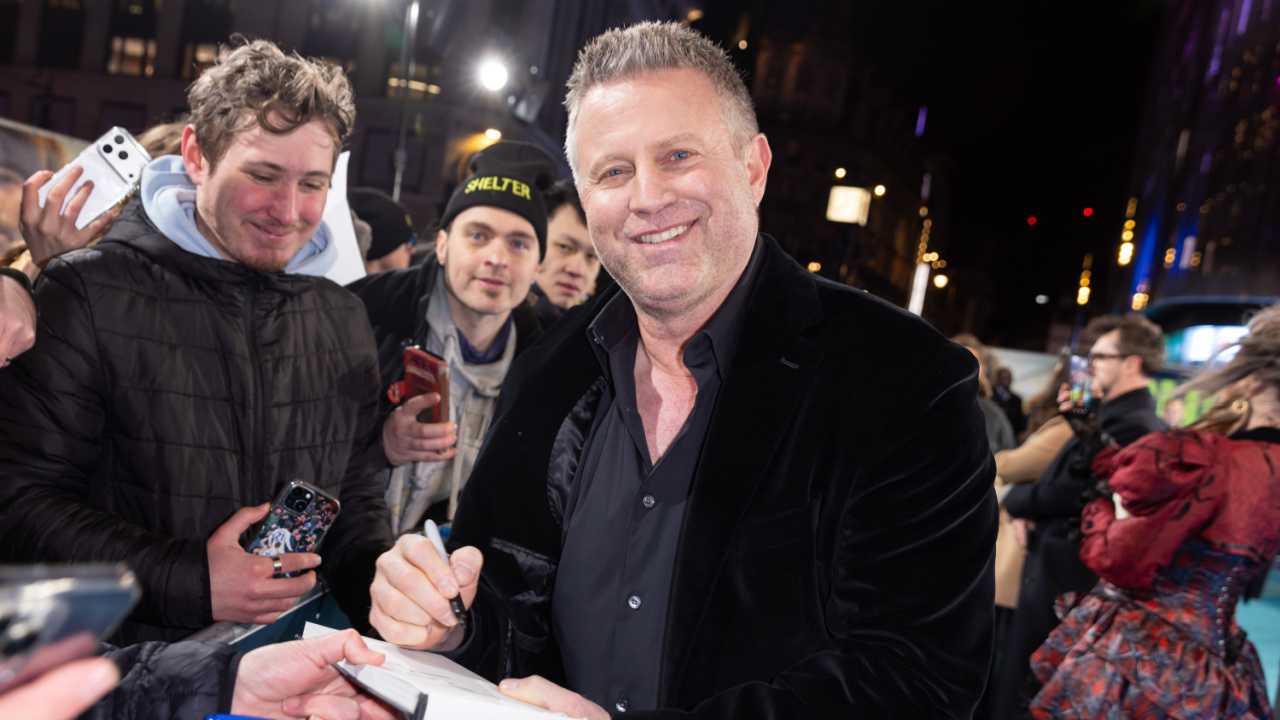
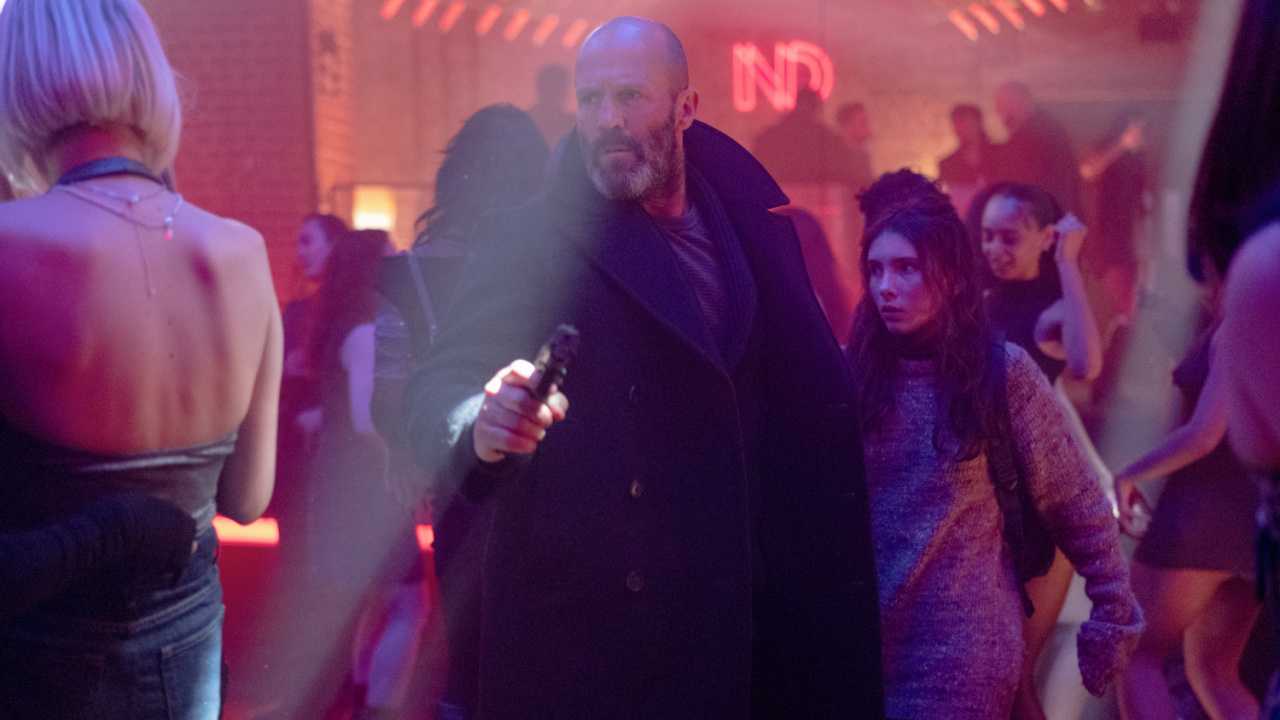
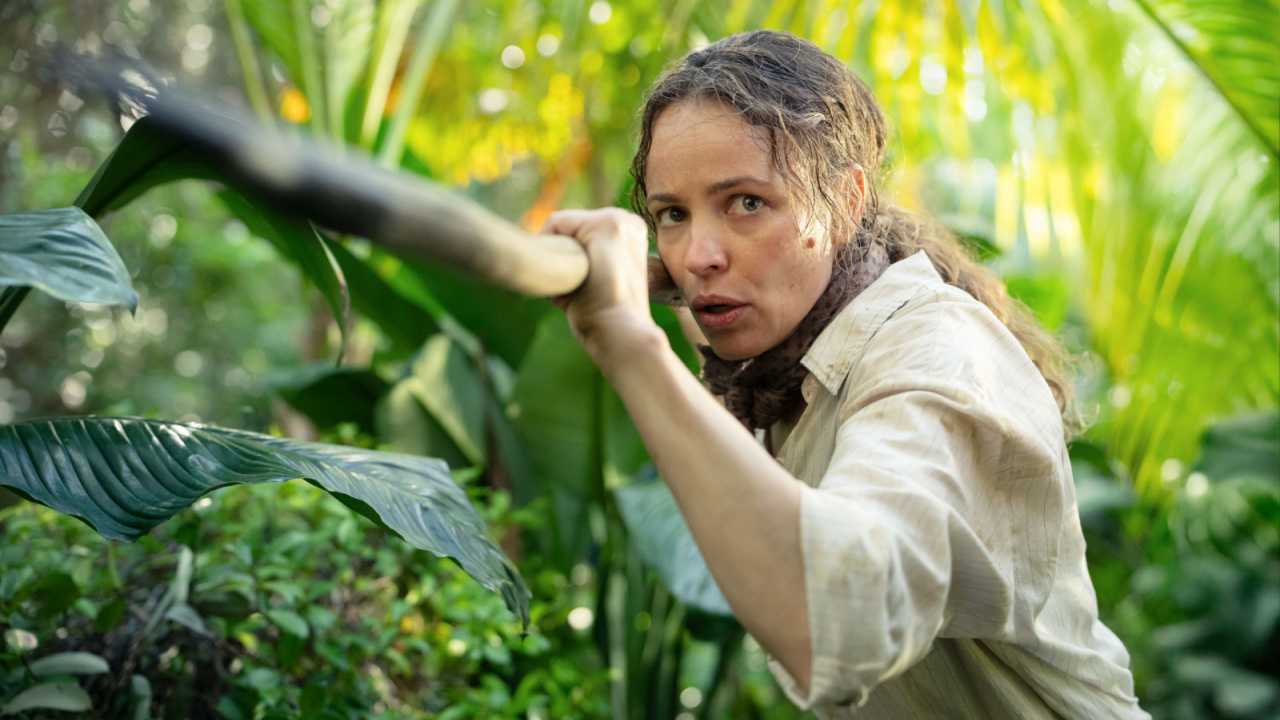

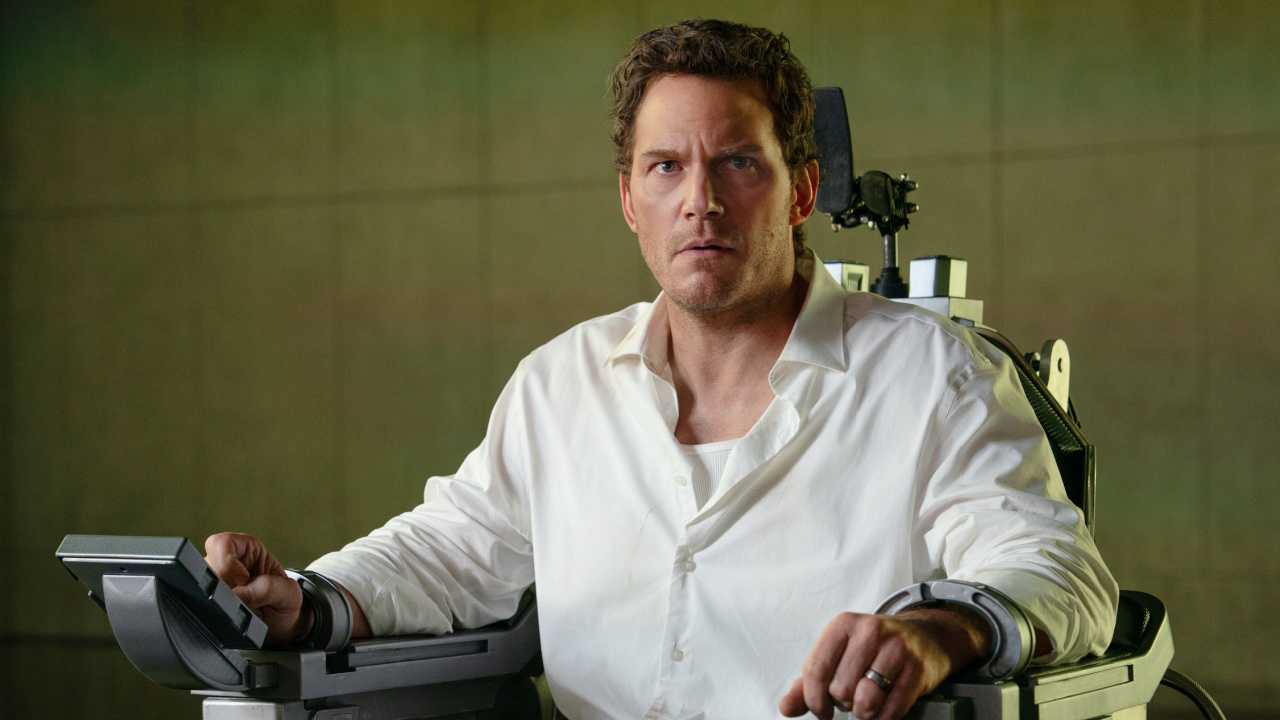
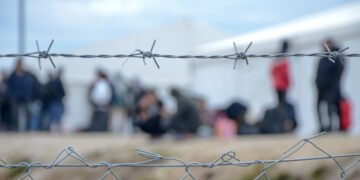



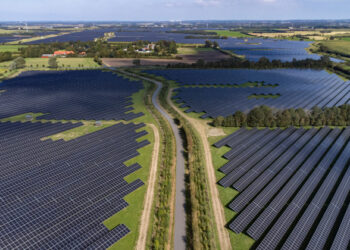
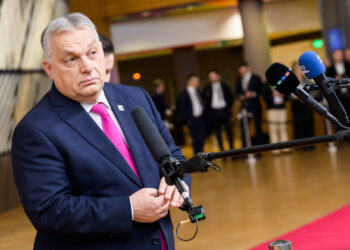
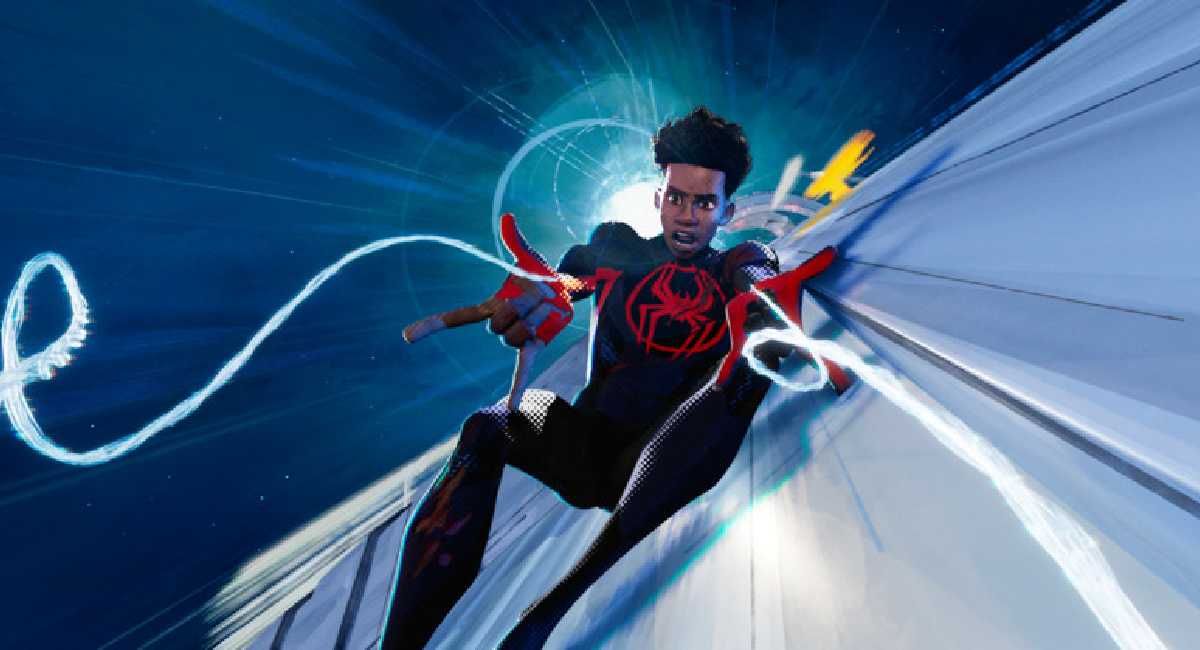



Discussion about this post